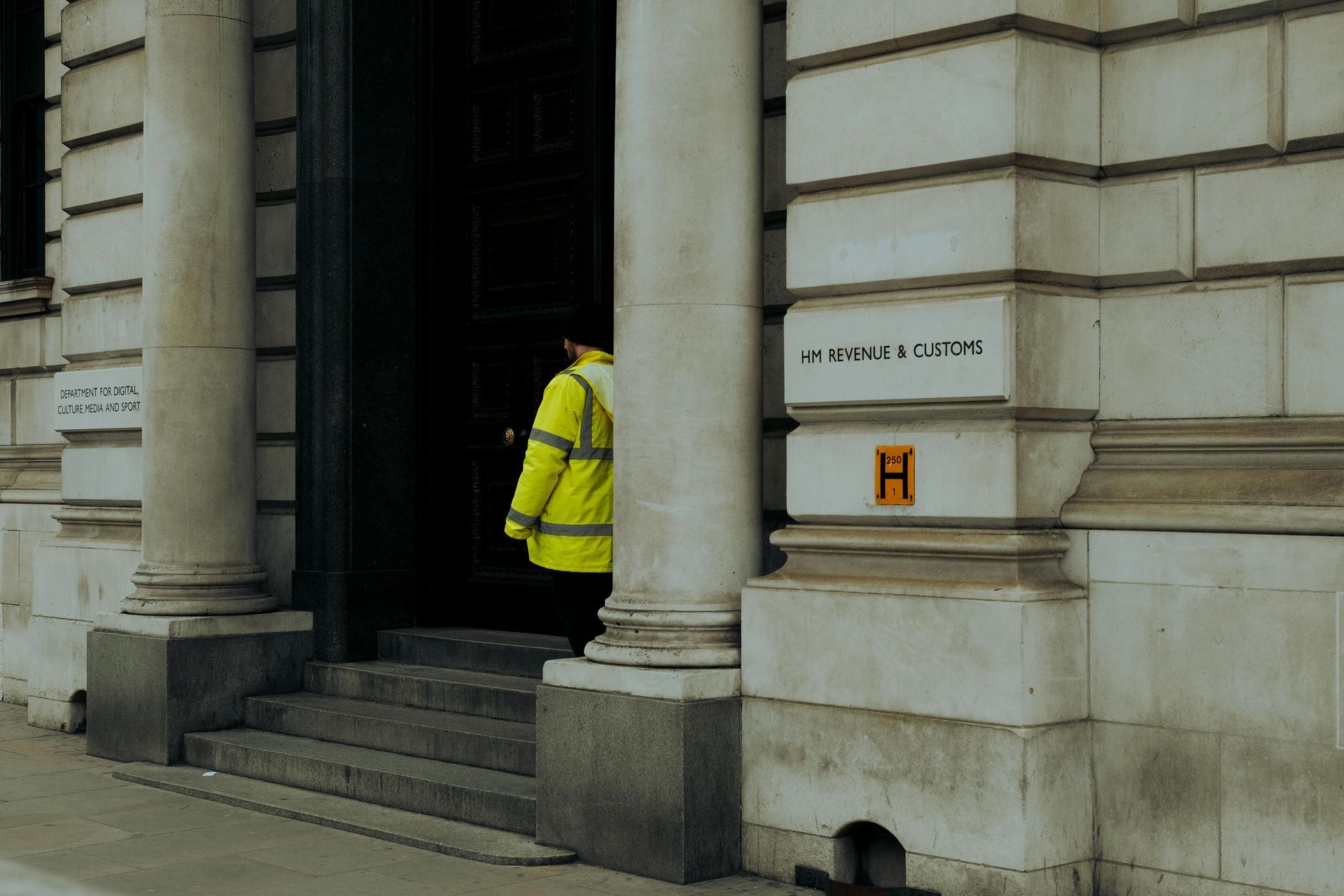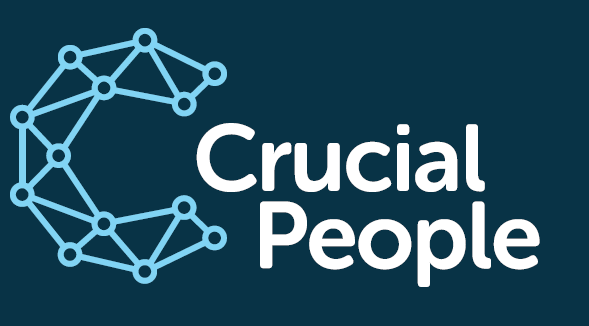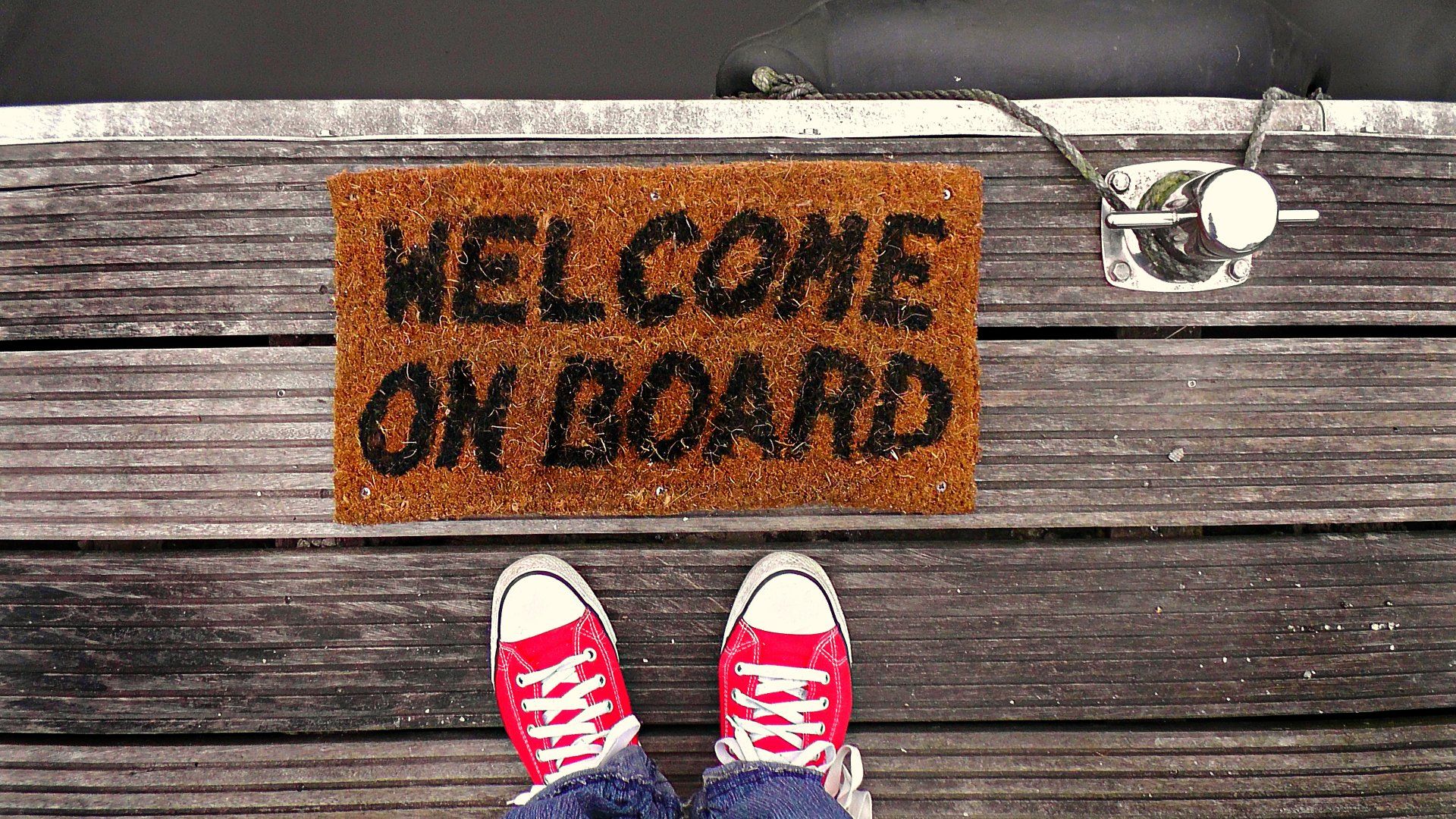A Hiring Managers Guide To Video Interviewing
Mastering Remote Interviews As A Hiring Manager: Expert Tips for Success

In today's remote work era, where your team members can be literally anywhere in the country, or indeed the world, conducting effective remote interviews has become a vital skill for recruiters and hiring managers.
But more than that, even for conventional local office or site-based roles, it is now widely recognised that in the candidate-led market in which we are operating, where competition is high, rapid engagement with candidates in the process of a job search is vital.
Many are utilising video to conduct first-stage interviews, and are able to do so much quicker than traditional in-person meetings can be arranged as well.
To help you navigate this new landscape and conduct successful remote interviews, we've compiled some top tips to help you conduct better video interviews.
By implementing these tips, you can conduct remote interviews that help you to forge meaningful connections and make informed hiring decisions whilst maximising your appeal to the candidate.
Outlining the Interview and Agenda Setting:
Establishing a clear interview structure and setting the agenda is vital for remote interviews. Begin by defining the purpose and goals of the interview, ensuring they align with the role and candidate requirements. Communicate the interview process, including the format, duration, and types of questions to be covered. This sets expectations for both parties and demonstrates your professionalism and preparedness. If you want to really stand out, you as the hiring manager can record and send the candidate a very short pre-interview video to set expectations and maybe outline the interview process. It is the extra details like these which set great companies apart from the rest.
Preparing Your Technology:
Before the interview, conduct thorough testing and configuration of your technology. Test the video conferencing software, internet connection, and audio quality to ensure a smooth and uninterrupted interview experience. Familiarise yourself with the platform's functionalities, such as screen-sharing and recording options, to navigate the virtual interview setting with ease.
Introductions and Icebreakers:
Start the interview by establishing a personal connection and creating a relaxed atmosphere. Ask about the candidate's well-being, showing genuine interest in their comfort. Incorporate appropriate icebreaker questions or activities to help candidates relax and open up. This promotes engagement and sets a positive tone for the interview.
Building and Maintaining Rapport:
During the interview, actively listen to the candidate's responses and engage in meaningful conversations. Show empathy, express genuine interest, and maintain a visible and attentive presence. Use non-verbal cues such as nodding and maintaining eye contact to indicate attentiveness. By creating a supportive and engaging environment, you foster rapport and trust.
Effective Communication:
Maintain effective communication by speaking clearly and articulately. Use a professional tone and pace, avoiding excessive jargon. Actively listen to the candidate, allowing them to speak without interruption. Respectful turn-taking and attentive non-verbal communication contribute to a positive candidate experience and facilitate effective assessment.
Effective Questioning - Getting into the Detail:
Craft thoughtful and relevant questions that delve into the candidate's background, skills, and experiences. Use probing and follow-up questions to gain deeper insights and encourage a comprehensive discussion. Encourage candidates to provide specific examples or share relevant experiences to support their responses. Effective questioning allows you to assess the candidate's suitability for the role and make informed decisions.
Sell Your Business - The Role and the Culture:
Take the opportunity to showcase your company's unique selling points. Clearly articulate the role, responsibilities, and growth opportunities it offers. Highlight your company's culture, core values, and commitment to collaboration and communication. Share success stories that exemplify how your team embodies these values. Demonstrating the attractiveness of your business helps candidates envision themselves as part of your company. If you have a company culture deck, organogram, history of the business or company vision and values document, consider using the screen share to provide a visual guide to your business and share successes.
Pre-close the Candidates Effectively:
Towards the end of the interview, pre-close the candidates by discussing the next steps and providing a timeline for the hiring process. Check if there is anything else they wanted to ask, or that hadn't yet been discussed. Communicate the candidate's performance during the interview, highlighting strengths and addressing any concerns. Offer an opportunity for candidates to ask questions, fostering a sense of engagement and ownership in the process. By pre-closing effectively, you leave candidates with a positive impression of both you, and your business, and will maintain their interest in the role. Remember, often, you will not be the only company they are talking to. Leave them feeling that your meeting has been a positive experience.
Conducting successful remote interviews requires adapting traditional interviewing techniques to the virtual environment. By outlining the interview and agenda, preparing your technology, using introductions and icebreakers, building and maintaining rapport, practising effective communication and questioning, selling your business effectively, and pre-closing candidates, you can conduct remote interviews that yield valuable insights and facilitate informed hiring decisions. Embrace the opportunities that remote interviews offer, refine your skills, and build strong teams.
If you would like some further guidance, feel free to reach out on 0203 154 9422 or info@crucial-people.com and we would be happy to help.











